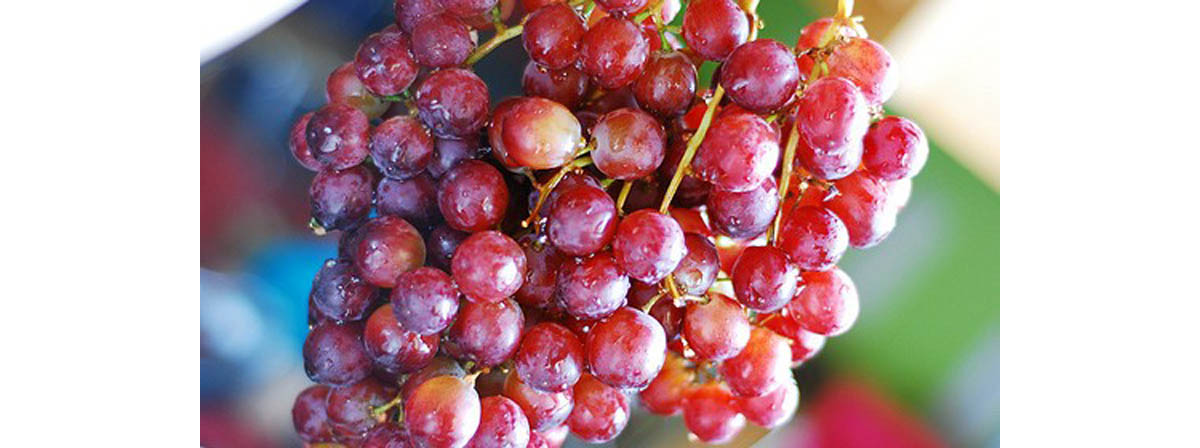Table of Contents
Scientists at the University of Copenhagen studied 27 men, all of them around the age of 65, for eight weeks. Prior to the study, all 27 of the volunteers for the study had been physically inactive. During the study, all of the men did high-intensity aerobic exercise. Half of the volunteers received a 250-mg dose of resveratrol to be taken every day, and the other half of the volunteers received a placebo, a sugar pill of identical appearance but with no active ingredients.

At the end of the eight-week intervention, there was no doubt that working out had increased cardiovascular fitness, but the resveratrol group benefited less from exercise than the men who had been given the placebo. The men who had taken resveratrol had higher blood pressure, higher cholesterol, and lower uptake of oxygen during maximum exertion. In fact, the two groups weren't even close in the benefits of exercise for cardiovascular health:
- The men who did not take resveratrol had 45% higher oxygen uptake during exercise.
- The men who did not take resveratrol had 33% higher production of a blood vessel dilator (a biologically produced chemical that relaxes blood vessels and lowers blood pressure) called prostacyclin.
- The men who did not take resveratrol had lower LDL ("bad") cholesterol at the end of the study. The men who took resveratrol had higher LDL cholesterol.
- The men who did not take resveratrol had lower levels of a chemical marker for atherosclerosis at the end of the study. The men who took resveratrol did not.
- The men who did not take resveratrol had lower levels of triglycerides at the end of the study. The men who took resveratrol had higher levels of triglycerides at the end of the study.
- The men who took resveratrol had higher levels of a chemical called muscle thromboxane synthase at the end of the study. This finding meant that their overall inflammation levels had increased, rather than decreased.
Looking at just this one test, it would seem that resveratrol not only isn't the wonder drug it has been cracked up to be, it is positively harmful for human health. But how could the results of this test be reconciled with many other studies that have found health benefits for red wine, which naturally includes resveratrol.
The reason red wine and red grape juice are beneficial but resveratrol apparently is not is that resveratrol is just one of dozens of antioxidants that occur naturally in red wine and red grape juice. Other antioxidants in red wine are up to 6000 times more potent than resveratrol. Dozens of antioxidants in red wine are more powerful than resveratrol. Consuming red grape products probably is beneficial for health, whether they are in the form or wine or grape juice. Taking resveratrol supplement, however, probably cancels out the beneficial effects of the dietary substances, or the healthy lifestyle practices, by "crowding out" their beneficial effects.
- Gliemann L, Schmidt JF, Olesen J, Biensø RS, Peronard SL, Grandjean SU, Mortensen SP, Nyberg M, Bangsbo J, Pilegaard H, Hellsten Y. Resveratrol Blunts the Positive Effects of Exercise Training on Cardiovascular Health in Aged Men. J Physiol. 2013 Jul 22.
- Lombardo F, Lunghi R, Pallotti F, Palumbo A, Senofonte G, Cefaloni AC, Gandini L, Lenzi A. Effects of a dietary supplement on cholesterol in subjects with moderate hypercholesterolemia.Clin Ter. 2013 May-Jun.164(3):e147-50. doi: 10.7417/CT.2013.1556.
- Photo courtesy of Andreanna Moya Photography by Flickr : www.flickr.com/photos/andreanna/4244854623/
- Photo courtesy of Vicki Arnold by Flickr : www.flickr.com/photos/simply-vicki/5426885286/


Your thoughts on this